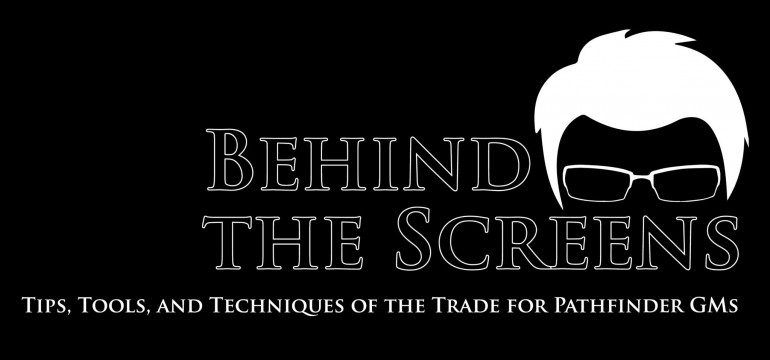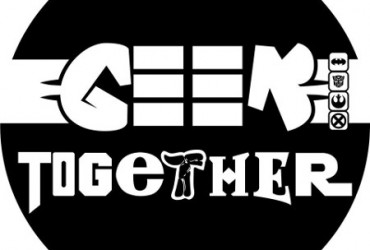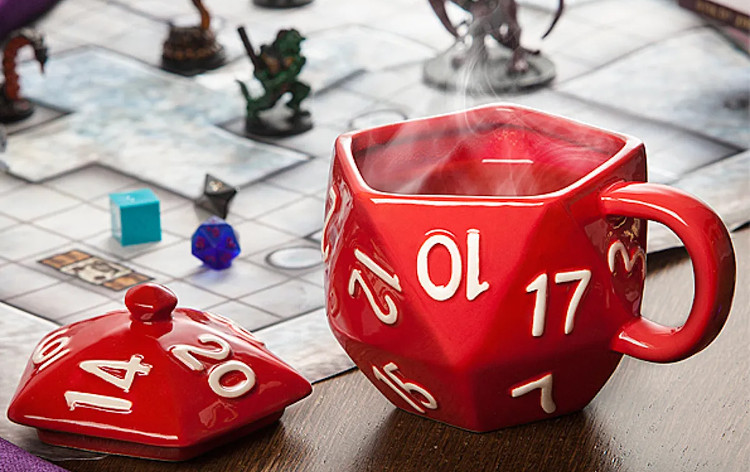If you’ve GM’d long enough eventually you get into a situation where the type of game you want to run isn’t necessarily the type of game your players want to play. There’s an old adage that goes, “Treat others as you wish to be treated.” Similarly, when it comes to RPGs, I’ve found that GMs typically run the type of game that they would want to play in. Occasionally, a disconnect can arise when a GM runs a game that isn’t, for whatever reason, quite to his players’ taste. Today I’d like to share with you my personal experience when GM expectation and player expectation clash. I learned a lot from that particular kerfuffle. And hopefully it’ll help you.
About two years ago, when I first starting GMing for Pathfinder, I didn’t have much free time on my hands to write my own campaign. Nor was I very familiar with the system. To top it all off I was just joining a new gaming group, and as the GM no less. So I decided that I’d run an Adventure Path to save me the trouble of homebrewing my own story. After some back and forth I eventually settled on the Rise of the Runelords, Paizo’s first and probably most popular Adventure Path.
I had a month or so of lead time before we were scheduled to begin. So I prepared in the best ways I knew how. I acquired the adventure pdf’s (the physical books were priced out of my budget, unfortunately), placed my preorder for the Rise of the Runelords miniatures, and internalized every bit of advice one the Paizo messageboards on Runelords that I could find. I read all of the adventure summaries, made notecards for every important NPC, and made sure I printed out ever community generated handout I could find. Yes, by Aroden I was ready! But I was wrong.
My biggest mistake was that I hadn’t taken into account the expectations of my new gaming group. I had lost myself in the preparation, the crunch of the adventure and the fluff of Golarion. I’d completely ignored the human element. The most important part. I’d failed to take the pulse of my group, to see where their expectations lay and ask about what they wanted out of the game. Usually the answer is pretty straight forward. Players want to kill monsters and get loot. They want to swing from chandeliers and save innocents. They want to be HEROES. In my excitement to prepare the Adventure Path, I forgot this. I put the story on the page in front of the story in my player’s minds.
I wanted to run a game that was gritty and bleak, filled with moral quandaries and difficult tactical decisions. I wanted Karzoug to rise and decimate the region. I wanted a grey tide of marauding stone giants to rampage across Varisia. I wanted to tell an epic tale of hard won defeats and pyrrhic victories. My players, on the other hand, were more interested in something more laid back. Something more along the lines a fairytale ending where the heroes triumph without much muss or fuss. They did want to explore the plot of the Adventure Path, but not so much that it would interfere with their ability to tell their own story.
The problems with this disconnect didn’t become immediately apparent until we were several sessions into the adventure. And even then I didn’t recognize the problems for what they were. By the end of the Skinsaw Murders, my players were on edge. Every combat so far, from goblins to ghouls and beyond had been challenging to the point of impossible. The PCs’ first attack on Thistletop was repulsed by a near TPK. Once they confronted Nualia they defeated her, but just barely. Misgivings almost killed them multiple times. And the fight with Xanesha would have killed them all but for a lucky die roll.
I was running exactly the type of game that I would’ve loved to play in. A tense, gritty, and crushingly difficult adventure where the heroes survive by the skin of their teeth. But my players weren’t happy. In order to increase their survivability they began to make character build decisions that were numerically beneficial rather than flavorfully interesting. They began to fair better in combat encounters, winning easily in some cases. Consequentially I buffed the enemies so that the “story” would stay on the track I wanted to lay out. And so the arms raced continued.
By the end of Hook Mountain Massacre the PCs were almost totally optimized. AC’s in the mid to high 30’s on top of miss chances and DPR equivalent to several CR’s above their level. As a GM I delved ever deeper into optimization messageboards in a vain search for ways to modify the encounters such that I could still present a challenge. With each set of encounters my players learned more about how to wring every buff and every bonus for all they were worth. Story played second fiddle to combat and the PCs began to care less about what a Runelord might be and more about just trying to survive it. I’d turned a beautiful RPG storyline into a number crunching wargame.
To be fair, this might be the exact type of game that you, dear reader, may enjoy. There are players out there definitely like lots of tactical combat with their Pathfinder. The point is, however, that in my situation my players did not. Because I didn’t initiate a conversation about campaign expectations and assumed that we were all on the same page, what could have been a great game through and through turned out to be a grind.
The optimization arms race that I’d started during Runelords had some far reaching consequences. The group of fluffy, whimsical roleplayers that I’d joined had turned into a party of hardened, number crunching veterans. Once you learn to think in terms of optimization it can be hard to choose mechanically inferior character options. My group never really recovered. My lack of foresight in anticipating my players’ needs is largely the reason why my home group turned down the path of the power gamer.
So don’t be like me. Or rather, be like me but better. Talk to your players. Start a dialogue about player expectations in your game. Be open to their ideas and collaborate to create a story.
Have you ever been at odds with player expectations? Or maybe your group has a better system worked out? Let us know in the comments below!






Leave a Reply